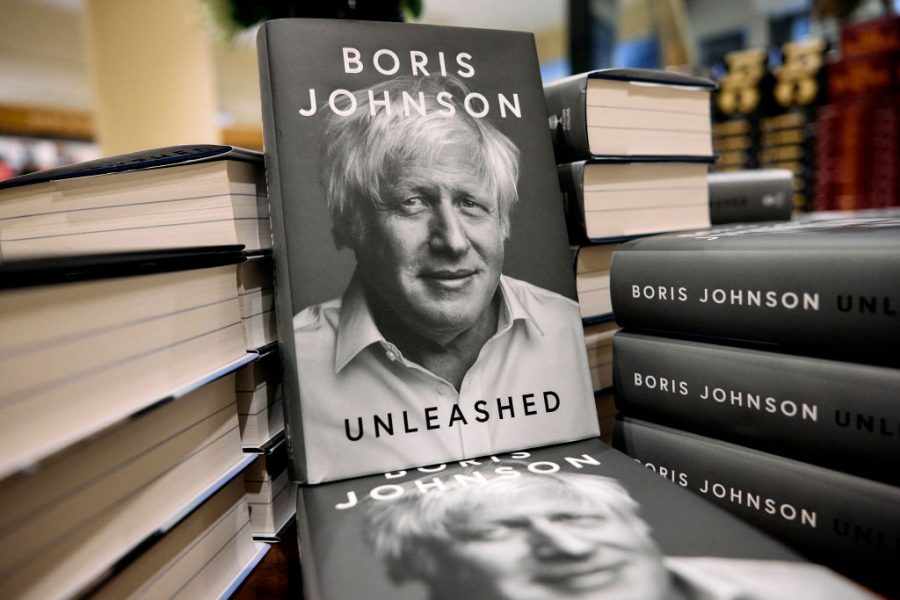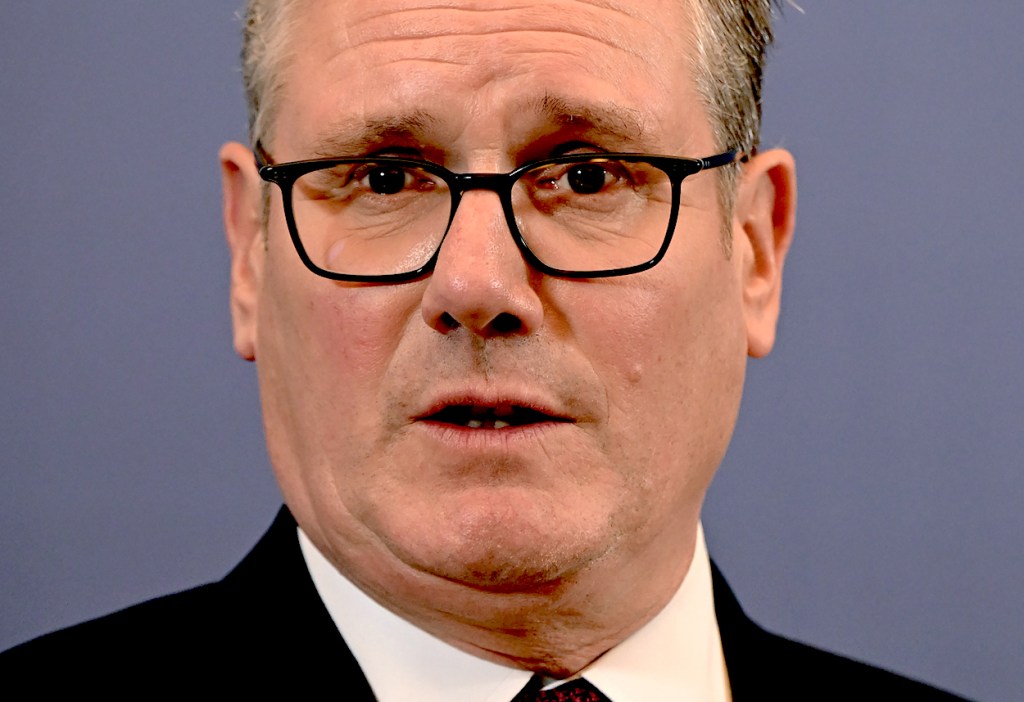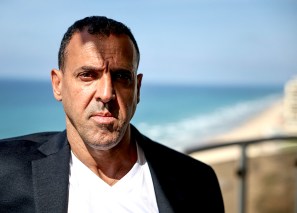There’s been plenty of drama in Westminster this week with Keir Starmer reshuffling his No. 10 team and the Tories’ game-playing in the party’s leadership contest. But away from parliament, the other big story in domestic politics has been the return of Boris Johnson.
The former prime minister has been on a publicity trail to promote his memoir Unleashed (as reviewed by Michael Gove in this week’s magazine). Johnson has given multiple interviews in his quest for book sales. The top lines so far include his regret that he apologised over partygate and his defence of his decision to give his aide Charlotte Owen a peerage (thereby making her the youngest member of the House of Lords). Johnson has also gone on the attack over Keir Starmer and his penchant for freebies, accusing him of ‘looking greedy’.
There is a hypothetical path to a return should he want it
But the big question being asked among Tory MPs is whether Johnson is simply interested in getting his version of history out there (and making some money in the process) or if this is part of a wider effort to return to the political fold. In his departure speech on resigning as prime minister, Johnson compared himself to Lucius Quinctius Cincinnatus, the Roman statesman, who ‘returned to his plough’ only to be later called on to return and lead once again. Since then, Johnson has suggested his chances of becoming Conservative leader again are ‘about as good as being blinded by a champagne cork or decapitated by a frisbee’. Asked on Times Radio whether he had ambitions to return to frontline politics, Johnson replied: ‘The real answer is what Her Maj the Queen said, and I can say that without breaching any confidence: you should only do things if you think you can be useful.’
That isn’t a straight no. Instead, it raises the question of when it might be ‘useful’ for Johnson to come back. Right now, there is little appetite in the Tory party for a Johnson return. The party is in the second half of its leadership contest to replace Sunak and attention is there rather than on Johnson coming back. As one MP told me earlier this month: ‘The book was designed to coincide with the general election. You can see how it would have had his arguments just as Rishi was in trouble. But it’s been diminished by the leadership election – he’s having to compete with the leadership contenders for press.’ When The Spectator hosted a fringe event at Tory party conference, Fraser Nelson, now associate editor, asked attendees to raise their hand if they wanted Johnson back in parliament: only a small proportion of the room did.
But things can change and there is a hypothetical path to a return should he want it. All the candidates in the leadership contest have suggested local associations should have more control and a say in picking candidates. It means Johnson could find a route to re-enter parliament in a by-election. On current polling, Labour could find by-elections tricky even in their first year. Then, if Johnson were in the House of Commons, it would be a waiting game.
Now the leadership contest has been reduced to two MPs – Kemi Badenoch and Robert Jenrick – the next few years are seen as rather high risk for the party. Both candidates are to the right with strong views that could divide it.
Ultimately, MPs have decided their best bet is to change and to have a clear message – rather than opt for one of the other candidates who were more associated with the status quo. However, it’s also a gamble, and already some in the party are asking whether they will end up changing leader again before the general election. It’s one of the reasons a change in no confidence rules is being discussed: to make it harder for MPs to depose their leader. Should Badenoch or Jenrick struggle to cut through or win back the Reform vote, that could be the moment Johnson, and his party, decide his return might be ‘useful’. It’s a long shot – but it’s not impossible.








Comments